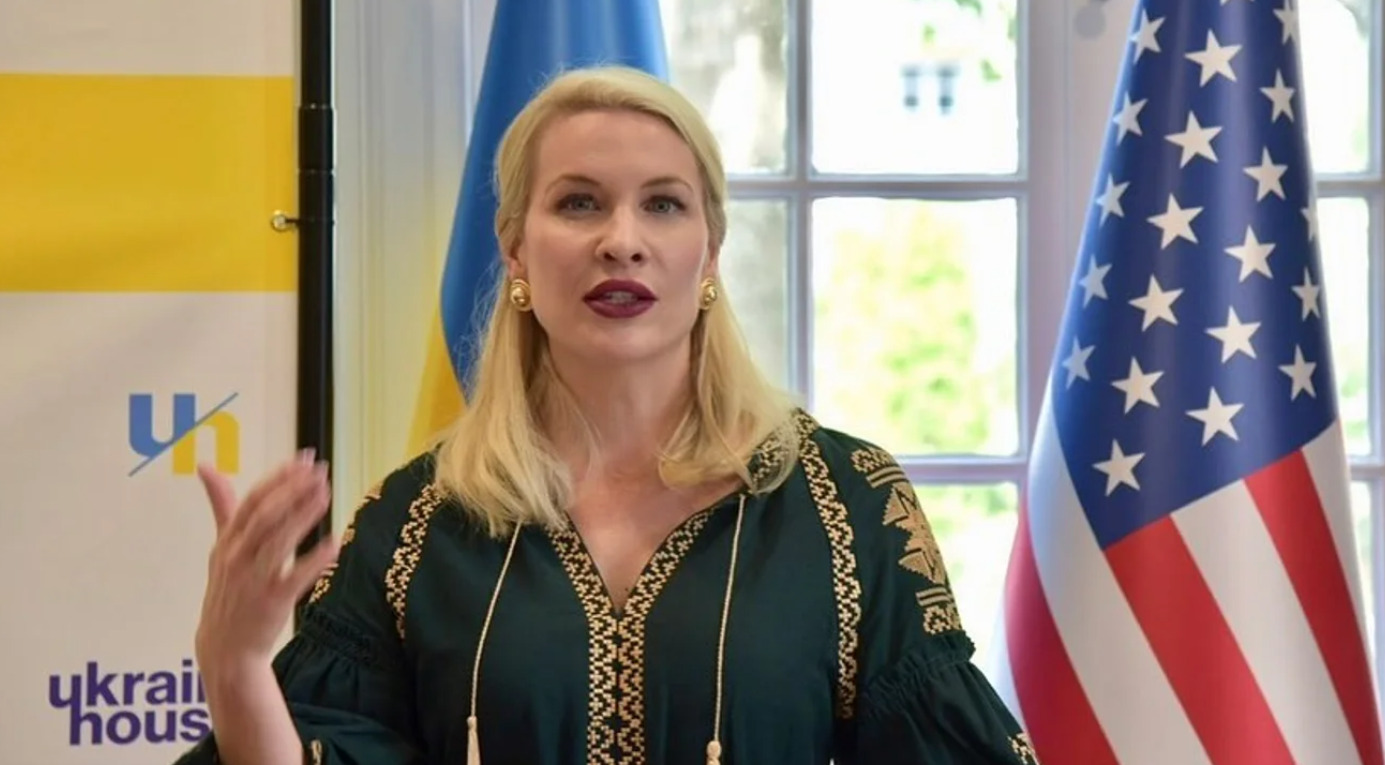Ukraine Anti-Corruption Shakeup: Kyiv’s New Law Limits NABU and SPO Powers, Global Concerns

Sharp Criticism as Kyiv Moves to Curtail Anti-Corruption Powers
Controversial Law Sparks International Response
Recent legislative changes in Ukraine have drawn concentrated international attention following strong assessments made by Megan Mobbs, a prominent U.S. policy commentator and daughter of a senior American envoy. The adoption of a bill by Ukraine’s parliament, widely interpreted as reducing the autonomy and authority of two central anti-corruption agencies, has ignited a robust response on the diplomatic front.
Mobbs, with her background in both military and public affairs, did not mince words when evaluating the timing and potential impact of the bill. She publicly described the decision as baffling and called out the potential risk of empowering hostile actors at a moment when Ukraine relies heavily on the confidence of Western partners. Her remarks underscore how policy decisions made in Kyiv are now instantly scrutinized by key influencers abroad, magnifying their consequences.
According to Mobbs, the timing of this legislative move is especially precarious. It arrives on the heels of favorable developments in transatlantic relations, with the United States demonstrating renewed engagement in Eastern Europe. She flagged the decision as providing a valuable argument for adversarial interests, highlighting just how pivotal reliable governance and institutional independence are to the current geopolitical climate.
Key Institutions at the Center of the Debate
The central focus of the controversy involves two institutions: the National Anti-Corruption Bureau and the Special Prosecutor’s Office dedicated to corruption cases. Both were established as central pillars in Ukraine’s efforts to address entrenched corruption and secure international support. Their independence was long viewed as a litmus test for the seriousness of Ukraine’s commitments to reform, particularly with respect to its relations with Western donors and multilateral institutions.
The parliamentary measure reallocates principle oversight, essentially subordinating these investigative bodies to the office of the Prosecutor General. Observers and commentators have argued that such a move could diminish investigative objectivity and create new risks of undue influence or political pressure.
In practice, the reorganization of these institutions not only raises technical governance questions but also signals, to stakeholders inside and outside Ukraine, a potential setback for transparent administration. Mobbs alluded to this broader context by noting that the perceived effectiveness and reliability of these agencies has been debated over time by policy experts and the public.
Fragile Moment for Ukraine’s Reform Path
The new legislative landscape materializes at a moment of considerable vulnerability for Ukraine. Mobbs highlighted this point, noting that structural reforms and governance reliability are more critical than ever—a sentiment that resonates with both Ukrainian civil society and Western policymakers. Institutions charged with tackling high-level corruption face scrutiny not only over their operational independence but also over their track record and public trust.
This backdrop of heightened uncertainty brings risks beyond domestic reform. Institutional changes in anti-corruption oversight can influence decisions regarding foreign aid, cross-border partnerships, and international investments. As Ukraine navigates conflict, rebuilding, and integration with European structures, the strength and credibility of its internal agencies remain under a microscope.
Importantly, Mobbs noted ongoing debates around the practical achievements of these agencies—pointing out that the theoretical architecture of reform sometimes diverges from its on-the-ground results. This tension highlights the broader challenge facing democratic transitions worldwide: how to ensure effective oversight while maintaining public legitimacy and international trust.
Conclusion
The response from influential Western voices to legislative changes in Ukraine’s anti-corruption landscape underlines the interconnectedness of domestic politics and international perception. The recent measure affecting two cornerstone investigative bodies has not only sparked direct criticism but also catalyzed a larger discussion about the future of accountability and transparency in Ukraine. As the country stands at a crossroads, the strength of its institutions—and the confidence of its partners—will be tested by the decisions unfolding in Kyiv’s legislative chambers.
